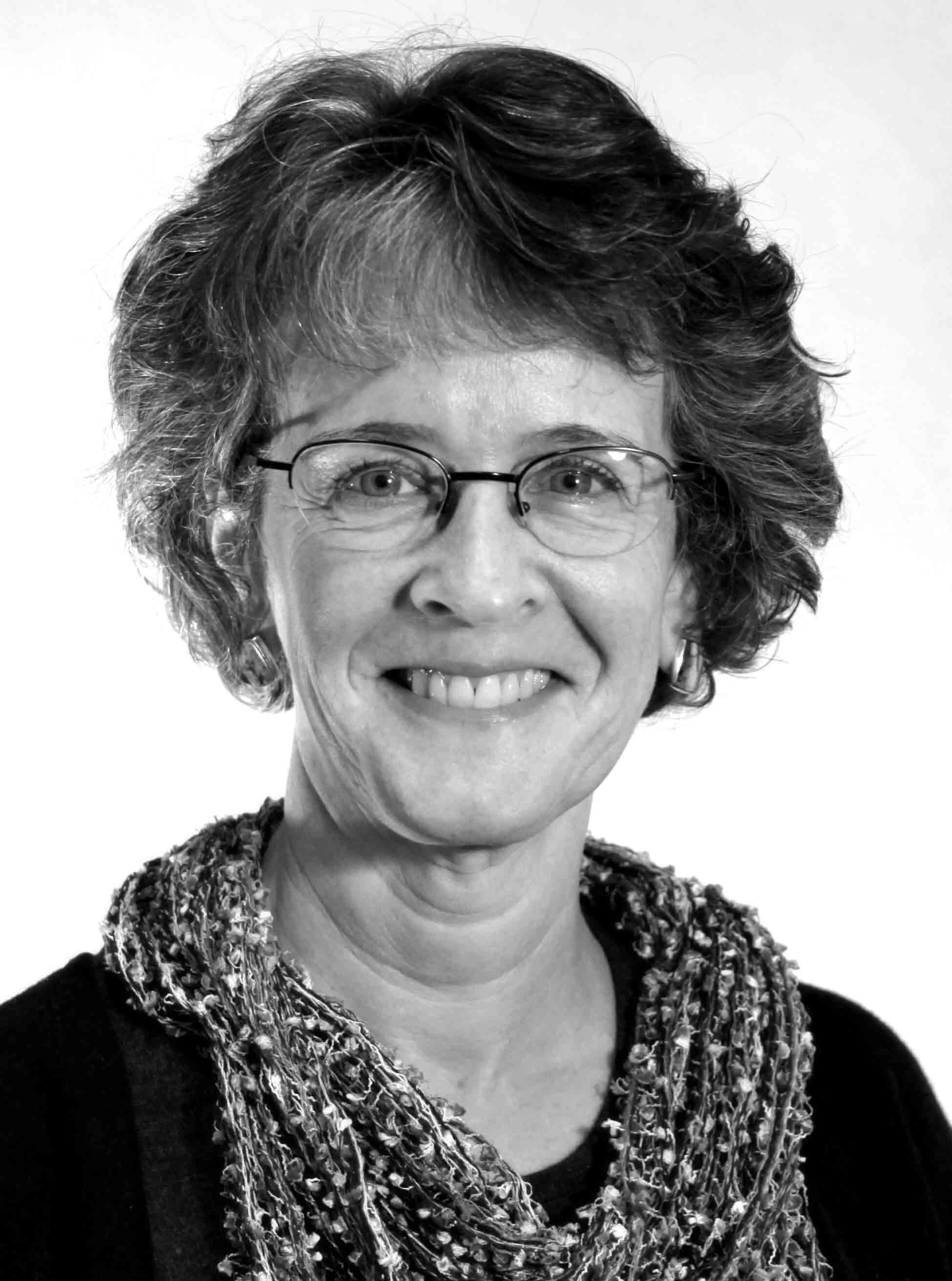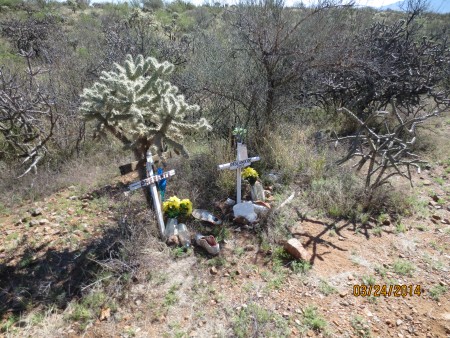
Lessons from the Border
The following post was written by Rev. Kathleen McTigue, Director at the UU College of Social Justice (UUCSJ).
The long morning walk in the desert that stretches along the Arizona-Mexico border was eye-opening and heartbreaking. I was there a few weeks ago with a group of seminary students on our program with BorderLinks called “Theology and Migration.” We hoped to better understand the reality of these borderlands between countries and the many entwined justice issues that lead so many people to literally risk their lives — in the simple, essential search for work.
We walked through a stunningly beautiful landscape, filled with spring birdsong and blossoms, the horizon formed by sharp desert mountains. But the sun, harsh terrain, and lack of water made it a profoundly dangerous place to walk, even in broad daylight with sturdy shoes. We were warned to watch out for the cholla cactuses and even so, several of us got them caught in our shoes and clothing; they pierce easily and are very painful. The migrants who try to cross this desert do it at night, in cheap shoes that can fall apart in a matter of hours. For them, stepping on a cholla — or having the soles come off their shoes — can mean the end of their lives.
We learned that in this area over the past ten years, the remains of over 3,000 people have been found. Three thousand human beings in ten years! And the desert is a big place: those are just the bodies that have been found. Volunteers with groups like Samaritans and No More Deaths mark the places where people have died with simple white crosses of wood or pipe, with the word desconocido — “unknown person” — and the year they were found. In an effort to keep others from dying, they go out along these migrant trails every day, carrying gallons of water and the willingness to bring those they find into town to a hospital — an act that risks a felony charge under current law.
We spent a full week in Arizona and Mexico, hearing stories from migrants, clergy, volunteers of many stripes, and immigration officials. We sat in on court hearings as migrants in shackles were sentenced to many months in prison because they were caught for a second or third time crossing the border. We prayed at the border wall, a towering steel structure surrounded by stadium lights, mounted cameras, and armed guards. We saw first hand the degree to which an issue of civil law has been thoroughly militarized: our borders are like a war zone.
Now I am back home in Boston, more determined than ever to add my own voice to the demand for immigration reform. I urge you to consider joining us in the coming year on one of these journeys to the border, or contact us about scheduling a group from your congregation for this program. You will be moved, inspired and empowered — because no matter where we live, immigration justice calls us to action.

